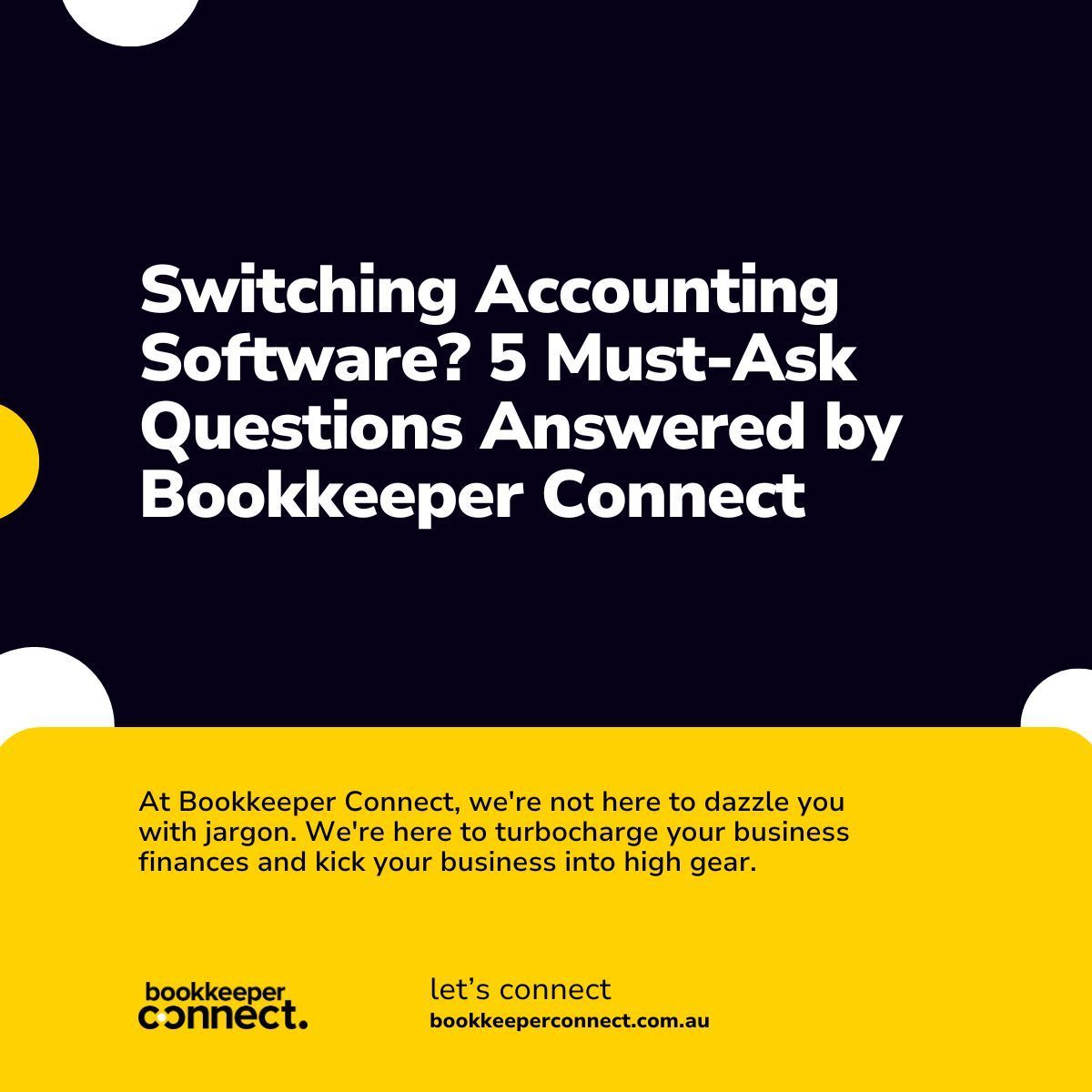After years of getting our hands dirty with various accounting platforms, we at Bookkeeper Connect have seen what works and what doesn't for Aussie SMEs. Forget the marketing fluff – here's our unvarnished take on the top contenders:
Xero
Strengths:
- Clean, intuitive interface that won't give you a headache
- Plays nice with a ton of other business apps
- Real-time bank feeds that actually work
Weaknesses:
- Pricing can sneak up on you as you add features
- Basic plans are too basic for most growing businesses
- Inventory management is okay, but not great for complex needs
Best for: Service-based SMEs who value ease of use and integration capabilities
MYOB
Strengths:
- Robust inventory management (seriously, it's good)
- Payroll features that actually understand Aussie tax laws
- Detailed reporting for you data nerds out there
Weaknesses:
- Interface feels a bit stuck in the past
- Mobile app lags behind competitors
- Can be overkill for simpler businesses
Best for: Established businesses with complex inventory or payroll needs
QuickBooks Online
Strengths:
- Solid balance of features and usability
- Strong reporting capabilities
- Generally more affordable than Xero for similar features
Weaknesses:
- Some features feel US-centric
- Customer support can be hit or miss
- Less popular in Australia, which means fewer local integrations
Best for: Small businesses who want a good all-rounder without breaking the bank
Reckon One
Strengths:
- Flexible, module-based pricing
- Decent for basic bookkeeping needs
- Australian-owned (if that matters to you)
Weaknesses:
• Lacks some advanced features of the big players
• Fewer third-party app integrations
• We've seen businesses outgrow it quickly
Best for: Micro-businesses or sole traders on a tight budget
The Bottom Line
There's no one-size-fits-all here. We've seen businesses thrive and dive with each of these platforms. Your best bet? Think hard about your specific needs, where your business is heading, and what problems you're trying to solve.
And here's a tip from the trenches: don't just focus on features. We've seen businesses with all the bells and whistles still struggle because their chosen software is a pain to use. Look for something that fits your business processes, not the other way around.
Remember, the software is just a tool. It's how you use it that counts. If you're still scratching your head, give us a shout. We've been down this road more times than we can count, and we're here to help you make sense of it all.
At Bookkeeper Connect, we're often asked which accounting platform we recommend to our clients and fellow business owners. It's a crucial question, and one we don't take lightly. That's why we've conducted extensive research, considering factors such as user-friendliness, scalability, integration capabilities, compliance with Australian tax laws, and cost-effectiveness. We've also looked at the software's ability to handle specific industry needs, its mobile accessibility, and the quality of customer support. Our tech stack is one of the best in the business because we've done our homework. We've tested these platforms ourselves, consulted with our clients, and stayed on top of the latest developments in accounting technology. In this article, we'll share our insights to help you make an informed decision for your business.










